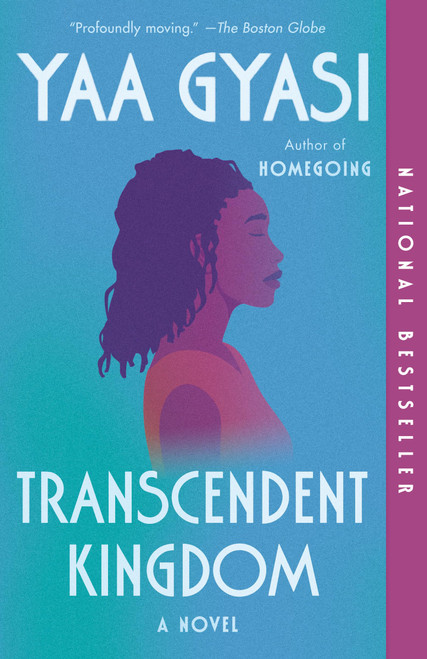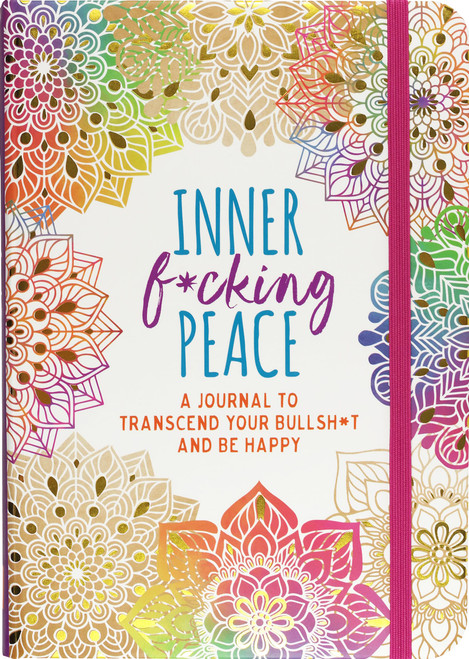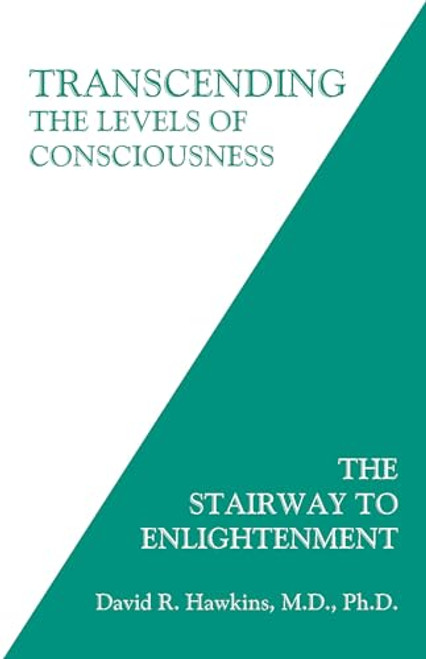Since the early twentieth century, scientific materialism has so undermined our belief in the human capacity for transcendence that many people find it difficult to believe in God and the human soul. The materialist perspective has not only cast its spell on the natural sciences, psychology, philosophy, and literature, it has also enthralled popular culture, which offers very little to encourage the soul's upward yearning .
There are many signs of the widespread loss of confidence in our ability to soar upward, and these have been noted by thinkers as diverse as Carl Jung (psychiatrist), Mircea Eliade (historian of religion), Gabriel Marcel (philosopher), and authors C.S. Lewis and J.R.R. Tolkien. Their observations were validated by a 2004 study published in the American Journal of Psychiatry that linked the absence of religion with a marked increase in suicide, meaninglessness, substance abuse, separation from family members, and other psychological problems.
Thus, the loss of transcendence is negatively affecting an entire society. It is stealing from countless individuals their sense of happiness, dignity, ideals, virtues, and destiny.Ironically, the evidence for transcendence is greater today than in any other period in history. The problem is, this evidence has not been compiled and made widely availablea challenge Father Spitzer aspires to meet with this book.
Father Spitzer's work provides a bright light in the midst of the darkness by presenting traditional and contemporary evidence for God and a transphysical soul from several major sources. It shows that we are transcendent beings with souls capable of surviving bodily death; that we are self-reflective beings aware of and able to strive toward perfect truth, love, goodness, and beauty; that we have the dignity of being created in the very image of God. If we underestimate these truths, we undervalue one another, underlive our lives, and underachieve our destiny.












